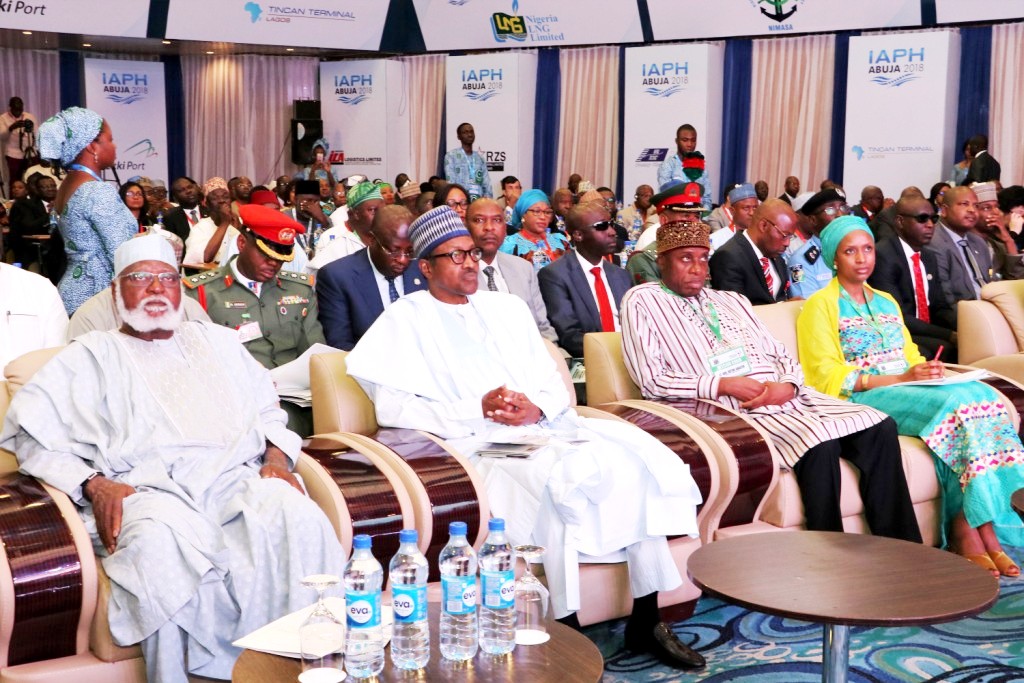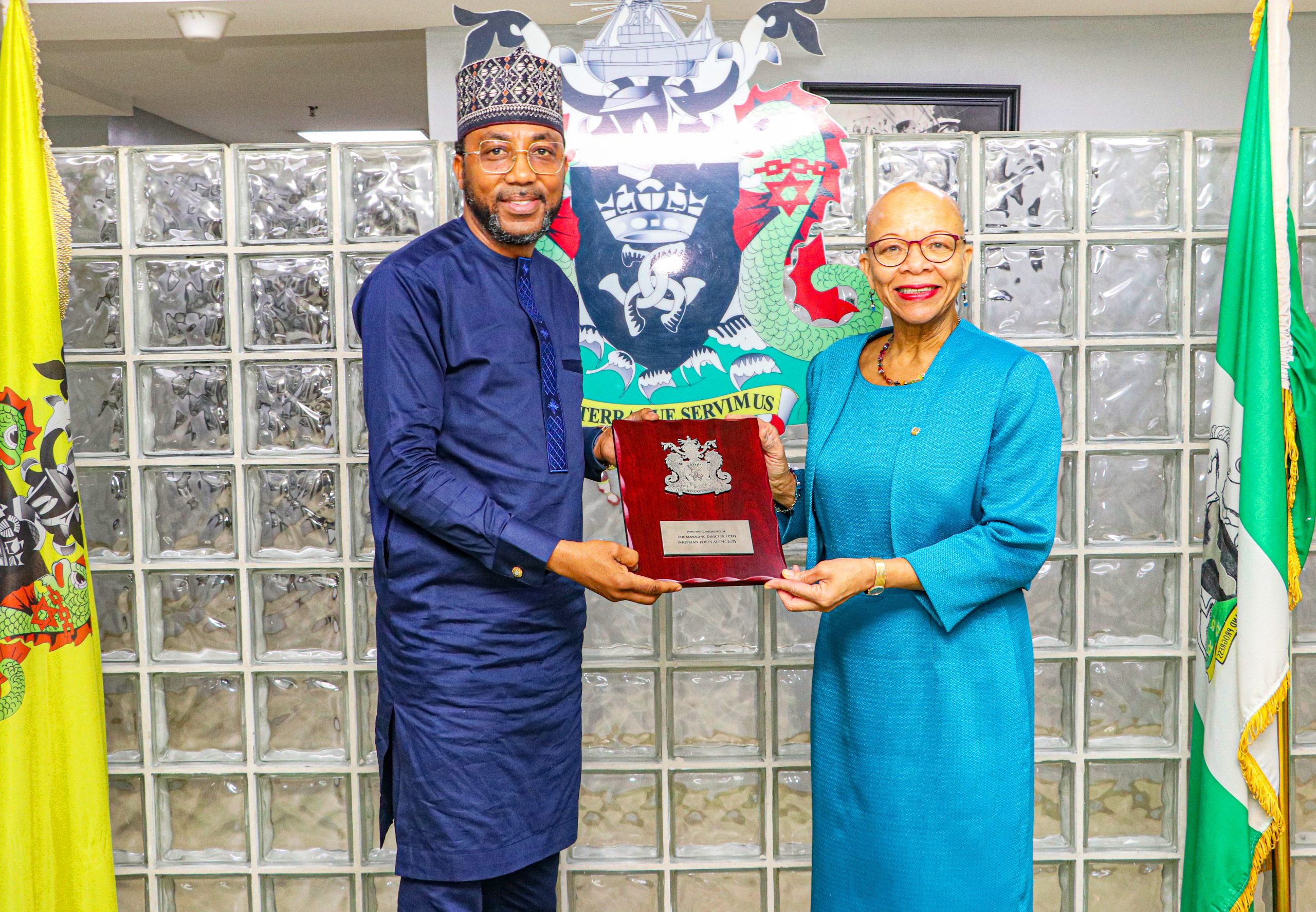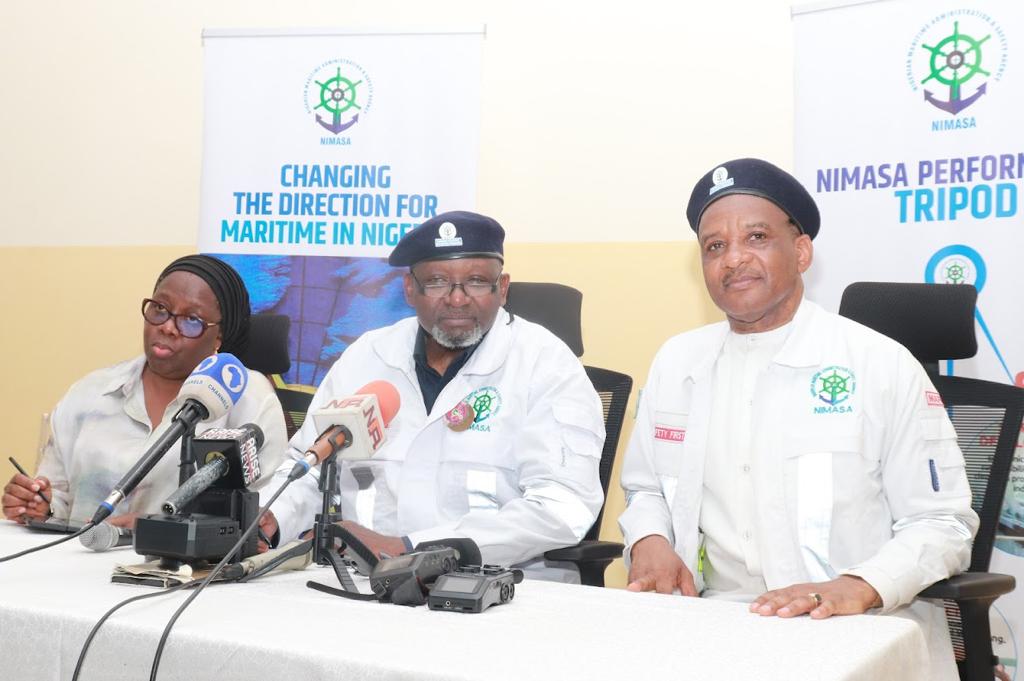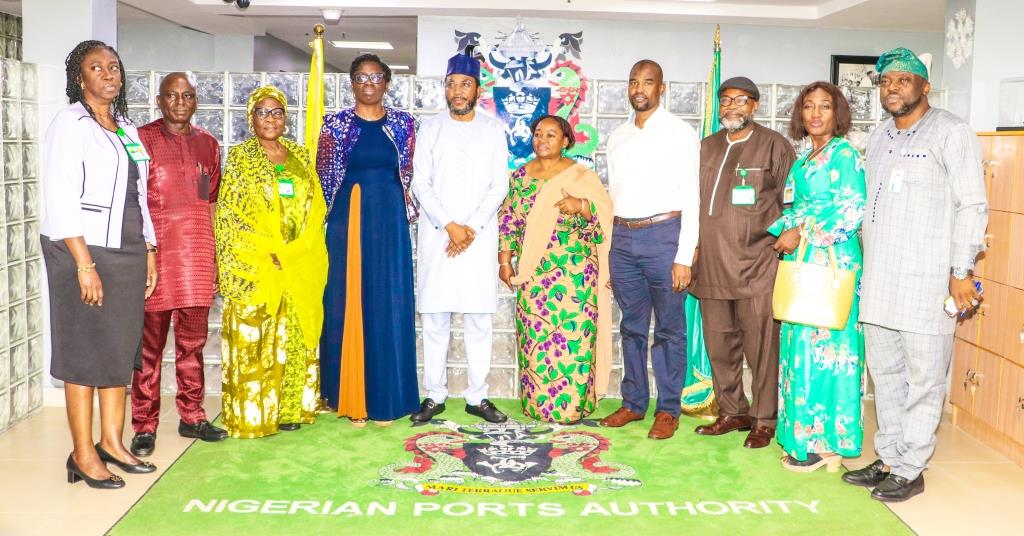Confusion is currently brewing within the nation’s maritime sector over the actual value of the Cabotage Vessel Finance Fund (CVFF), a two per cent contributory scheme instituted by law payable by indigenous ship-owners on every contract done in the nation’s maritime sector. The fund is statutorily domiciled at the Nigerian Maritime Administration and Safety Agency (NIMASA).
However, in the last couple of years, there has been rising anger by ship owners over the silence and inability to access the fund to drive vessel acquisition and sector development which the fund was meant for.
Whereas the Director General of the agency, Dr. Dakuku Peterside had on August this year said the contributions stood at $124m Dollars (N37.9bn), Nigeria Indigenous Ship Owners Association (NISA) weekend averred that by its calculations, the current value of CVFF is about $300m having started in the last 10 years.
Earlier in the year, the Minister of Transportation, Chibike Amaechi had hinted that there may be nothing in the account and queried if it actually existed after all.
However, in his remarks during their recent Annual general Meeting in Lagos, President of NISA, Aminu Umar, disclosed that “The Cabotage Act has been on for over 10 years. The figures being given today is money that has been contributed from 2015 till date. We do not know if it is more than $300m. We are just estimating that it could be $300m or more and from 2015 till date.
“The CVFF has come up to over $150m and when you calculate six years backwards, I think we should be looking at more than $300m.”
While stressing that the fund was money contributed by members of the association and should be disbursed in line with set down regulations, he averred that NISA the association has inaugurated a committee to investigate the fund contributed by members under the Cabotage Act.
He argued that Nigerian shippers deserved to know how the money was spent by the regulatory body, which is in custody of the fund.
Umar noted that “We need to find out what they have done with the $300m that has been contributed. We need to find out what happened to the ones we contributed before 2015.
“We will write the Minister of Transportation for him to also look at it and brief us, because the truth is that the fund belongs to the members; it is a contribution by all members who have paid. All members have the right to ask about how their money was spent.”
According to him, “It is a question of accountability. We deserve to know what the money has been spent on and if we know what the money was spent on, the next question would be if the spending was done in accordance with the law. If it was spent in accordance with law, there is nothing we can do about it; but if otherwise, we will have to seek the government agency that is in charge to know why due diligence was not followed.
“We are approaching NIMASA and the Ministry of Transportation to know how the money was spent. We may also consider taking a legal action if we are not satisfied with the outcome.”
Business Hilights recalls that at the onset of the lobby to enact the Cabotage Act, the then-Nigerian Shipping Companies Association (NSCA) told the law makers that if the almighty United States of America (USA) could make a bold statement of indigenising her coastal shipping business through the Jones Act of 1938, why wouldn’t Nigeria with a coastline of about 870 kilometers and almost 3,000 kilometers and about 22 ½ billion cubic metres of crude oil deposits, 3 ½ trillion cubic metres of hydro carbon and 42.7 billion cubic metres of bitumen deposits embrace protectionism.
With a lofty objective of deliberately reserving commercial transportation of goods and services within Nigeria’s coastal and inland for Nigerian-flag vessels and vessels that are owned by Nigerians, the Cabotage Law of 2003 spelt out four pillars upon which its implementation must rest.
The four pillars are that: Cabotage vessels must be wholly -owned by Nigerians; they must be registered in Nigeria, must be crewed by Nigeria and Nigerian shipyards must build and repair Cabotage vessels.
Between 2004 when the Act came into being and now, there have been many ministers of transport and many directors general at the helm of affairs at the NMA and later the Nigerian Maritime Administration and Safety Agency (NIMASA).









